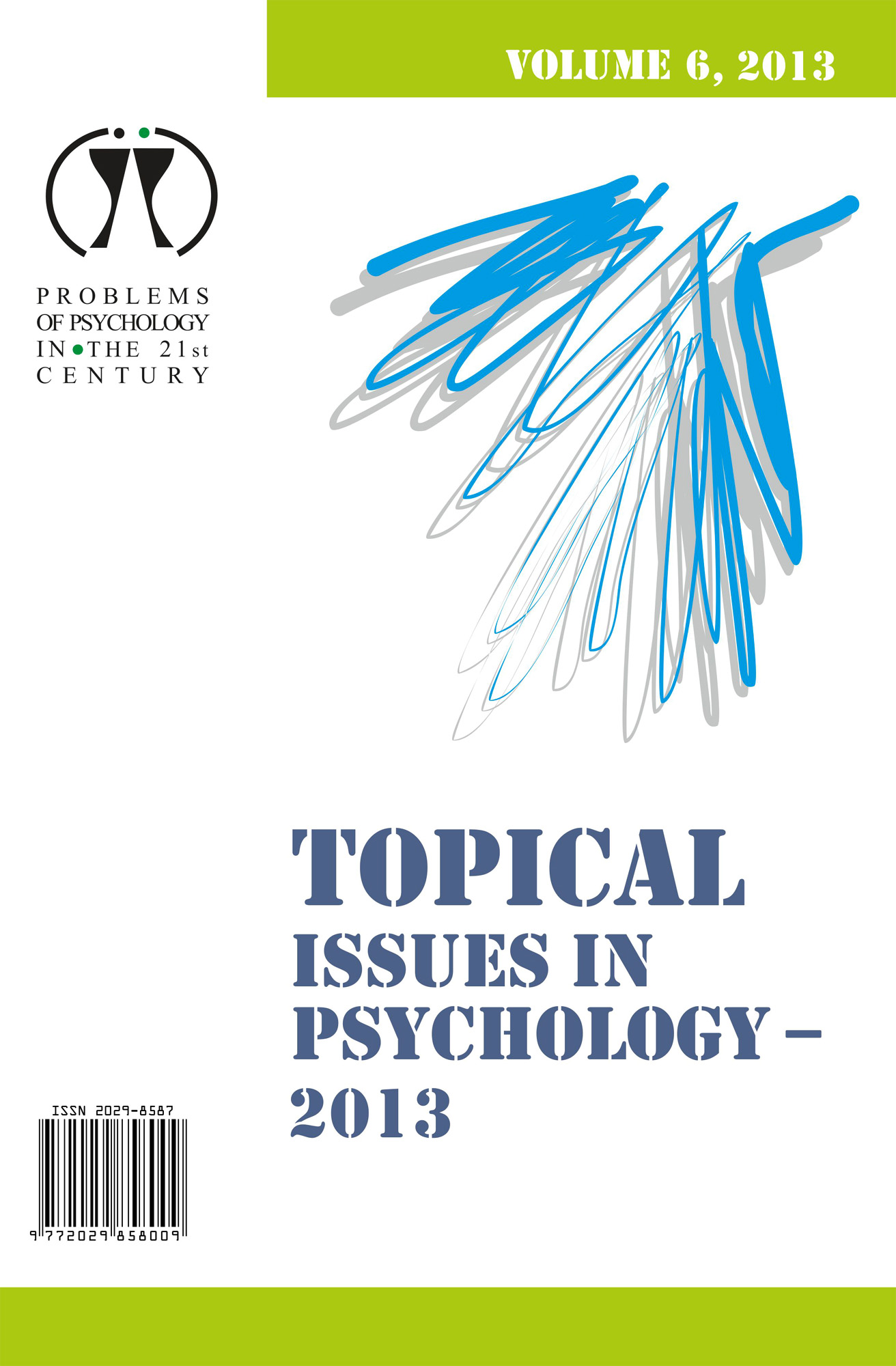DYNAMIC SYSTEM APPROACH IN PSYCHOLOGY: PROPOSITION AND APPLICATION IN THE STUDY OF EMOTION, APPRAISAL AND COGNITIVE ACHIEVEMENT
DYNAMIC SYSTEM APPROACH IN PSYCHOLOGY: PROPOSITION AND APPLICATION IN THE STUDY OF EMOTION, APPRAISAL AND COGNITIVE ACHIEVEMENT
Author(s): Cristiano M. A. Gomes, Hudson F. Golino, Bianca C. G. CostaSubject(s): Psychology, Cognitive Psychology, Methodology and research technology
Published by: Scientia Socialis, UAB
Keywords: achievement emotion; appraisal; cognitive achievement; dynamic system approach; methodology;
Summary/Abstract: Psychological processes are difficult to be studied due to their complexity. The dynamic system approach shows itself as a good tool for psychology to deal with this complexity issue. We propose two fundamental contributions of the dynamic system approach to psychology and apply it in the study of achievement emotions, appraisal and cognitive achievement. Two hypotheses were investigated: 1) More than one correlation pattern between test achievement, appraisal and emotion will be found; 2) Test achievement, appraisal and emotion form a dynamic system which will be explained by a latent variable that is dependent on the previous state of the system. A sample of thirteen students from seventh to ninth grades performed an inductive reasoning test, appraised their achievement, and declared their emotional valences (from extreme positive to extreme negative). Each variable was measured in 20 different occasions. One correlation matrix of each individual was generated and seven qualitative profiles were identified. Then four different states of relations between the variables were identified through a hidden Markov model. The two hypotheses were not refuted. It’s concluded that the dynamic system approach brings new possibilities to the study of psychological processes.
Journal: Problems of Psychology in the 21st Century
- Issue Year: 6/2013
- Issue No: 1
- Page Range: 15-28
- Page Count: 14
- Language: English

